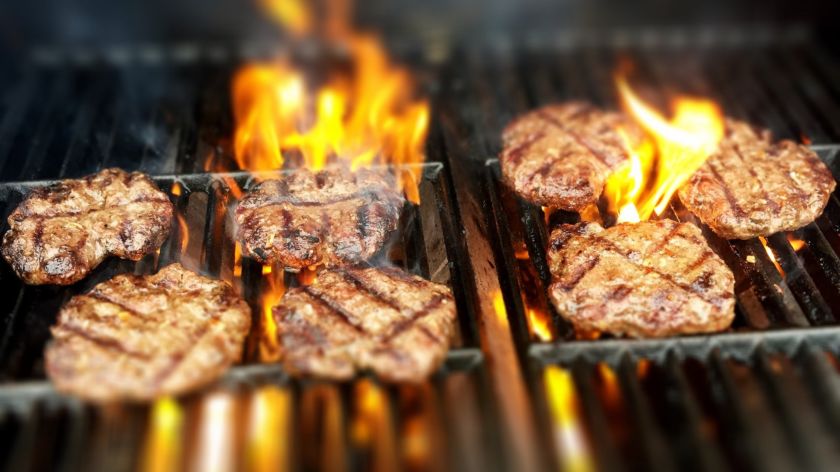‘The University should charge a fair price for meat’
-
 Foto via Pixabay
Foto via Pixabay
OPINION – This week is National Week Without Meat. Radboud University is proud to take part, but gives the campaign its own twist: The National Week With Still Quite a Bit of Meat. A missed opportunity, says Fabian Engelsman from the AKKUraatd student party.
The National Week Without Meat (Nationale Week Zonder Vlees) is a national campaign that challenges Dutch people to refrain from eating meat or fish for a week. The goal: a positive impact for humans, animals, and the environment. Since sustainability is such a key theme for Radboud University, the University enthusiastically embraced the campaign and is organising a competition: send in your best vegetarian or vegan recipe and the winning recipe will be included in the Campus menu.
As a self-appointed sustainability pioneer, you’d expect Radboud University to jump at this opportunity to offer a completely vegetarian menu for a week. But no, only one of the six food counters of the Refter is fully vegetarian. In Rotterdam, there’s even a Kentucky Fried Chicken restaurant that offers only vegetarian options during National Week Without Meat. It’s very disappointing to see one of the world’s largest fast-food chains outperforming Radboud University in this field.
Biggest polluter
Radboud University doesn’t want to offer only vegetarian options, because they’re afraid of limiting freedom of choice. As a Business Administration student, I’m all for freedom of choice. But you could at least integrate the indirect environmental costs in meat prices, so customers can make an informed decision. If meat is more expensive, fewer people will buy it.
The indirect costs result from the negative impact of meat production on humans, animals, and the environment. The meat industry is the world’s biggest polluter, with more impact than the transport industry. The main reason is that livestock farming (especially cattle) leads to the emission of far more harmful greenhouse gases than the carbon dioxide released through transportation. Livestock farming is responsible for 65% of total human-caused emissions of laughing gas, a greenhouse gas that contributes three times more to the warming of the Earth than carbon dioxide. Livestock farming is also responsible for 37% of methane emissions, a gas that contributes 23 times more to the greenhouse effect than carbon dioxide.
What’s more, the livestock industry claims a large portion of the Earth’s surface. This land is primarily used to grow feed concentrate for livestock, which involves cutting down large chunks of the tropical rainforest, for example in the Amazon. Biodiversity on this land is drastically reduced. Entire ecosystems are destroyed.
Informed choice
Only when these indirect costs are integrated in the price of meat products can customers make an informed choice. The price we currently pay for meat is not the real price. It’s crucial that we charge a fair price for meat. This will save high costs for future generations in terms of climate and environment policy. Also, reduced meat consumption may mitigate the burden of disease and healthcare costs. It has been shown that meat increases the risk of diseases like cancer, cardiovascular diseases, diabetes type II, and obesity. Consumer surveys show that, for these and other reasons, 70% of Dutch people want the environmental costs to be integrated in meat prices, even if this means meat becomes more expensive.
Caution
Despite growing demand for vegetarian and vegan meals, Radboud University is unwilling to abruptly change their offerings. Not even during National Week Without Meat. Such caution is not in line with the University’s sustainability ambitions. Vox reports that Radboud University aims to double its range of vegetarian and vegan meals by 2025, as stated in the new Campus and Facilities sustainability plan.
The National Week Without Meat was an ideal opportunity for Radboud University to publicize our ambitions, and show that we take responsibility for the world we live in and prioritise sustainability in all our decisions.




Lee schreef op 12 maart 2020 om 20:22
YES !!